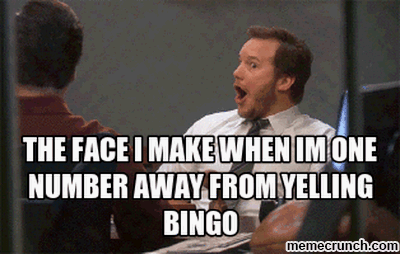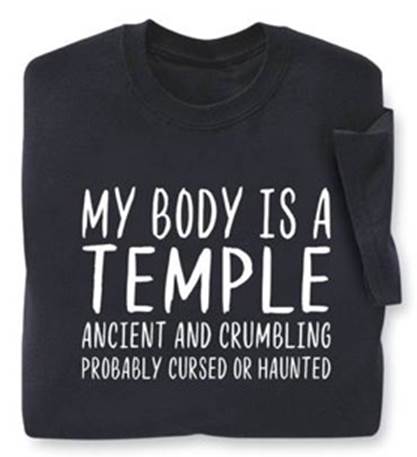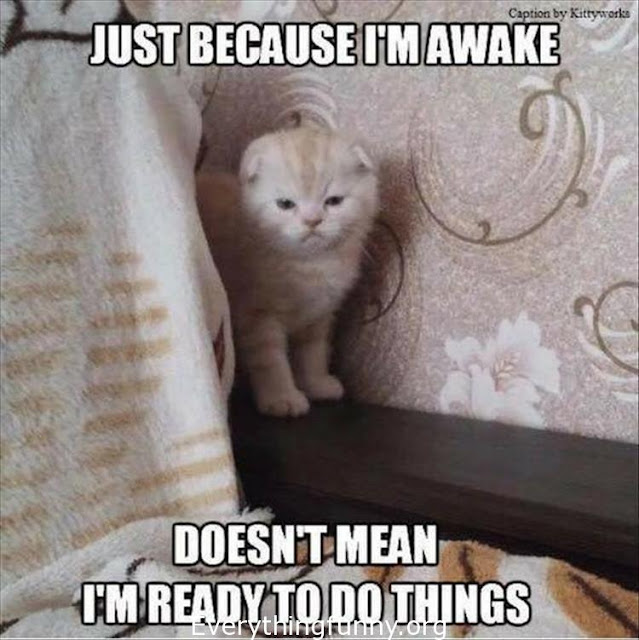Sleep. Peaceful, restorative, blissful sleep. I have no idea what that is! It is
elusive, meaning I have difficulty falling asleep, and even when I do sleep, it's often fitful leaving me groggy in the morning. I'm technically not an expert, but I have done a lot of research on how to achieve restful sleep. Not all of them work for me, but here we go.
1. Routine. Going to bed and waking up at approximately the same time every day. This one is difficult for me. I'd love to hear your story if it's worked for you.
2. Decreased Exposure to Blue Light. Blue light, the kind that you're exposed to on electronics like your phone or computer, supposedly mimics daytime light which prevents your body from producing melatonin. Wearing blue light blocking glasses at night is supposed to help, but I haven't tried them. Have you?
3. Meditation or relaxation. There are a dozen or so apps out there to help with meditation. I downloaded one and used it once. I know. If I don't use it, how will I know if it works or not?
4. Quiet. The noises in your home or outside your windows could possibly keep you awake. I have a white noise machine that prevents those noises from interfering with my sleep, and I do think it helps.
5. Temperature. It's difficult to sleep if you're too hot. My husband turns the AC way down at night, so my room is always cool.
6. Dark. I used to like a nightlight on, and there was a time when I slept with the TV on every night, but as I've gotten older, I need a dark room to sleep well. My daughter has used a sleep mask for years.
7. Exercise. Just don't exercise too late in the day. Exercise gives you an initial burst of alertness and energy, but it also contributes to more restful sleep. Kind of ironic.
8. No naps. Self-explanatory. This one is sometimes difficult for me.
9. Aromatherapy. Lavender is said to induce relaxation, particularly when the essential oil is diffused into the room. There is a variety of lavender products available: lotions, bubble bath, body spray, pillow mist. Other essential oils can aid in relaxation such as bergamot, chamomile, and cedarwood.
10. Melatonin supplements. Melatonin is a hormone the body produces that helps control your sleep-wake cycle. These can be taken in tablet form, melts, or chewables.
11. Reduce caffeine intake. I try to limit myself to one soda's worth of caffeine a day, and I try not to have any past the afternoon. I think it helps.
12. No eating or watching TV in bed. Use the bed for sleep (and if this were a different kind of blog... well, you know.)
13. Medication. According to drugs.com, there are about 74 medications that are used to aid with sleeping, some over-the-counter, some prescription. The ones I know of are Ambien, Lunesta, Diphenhydramine, and Sonota, but clearly, I haven't experienced all of them.



















































